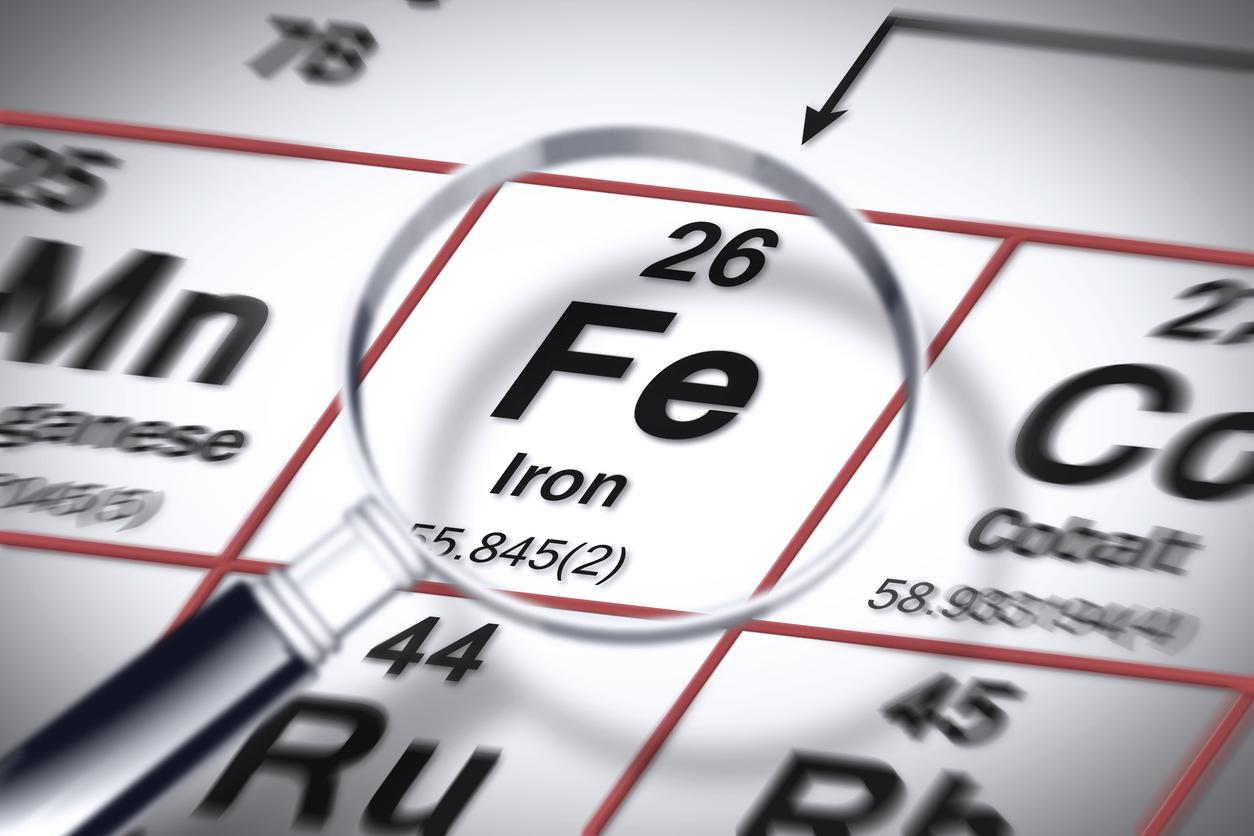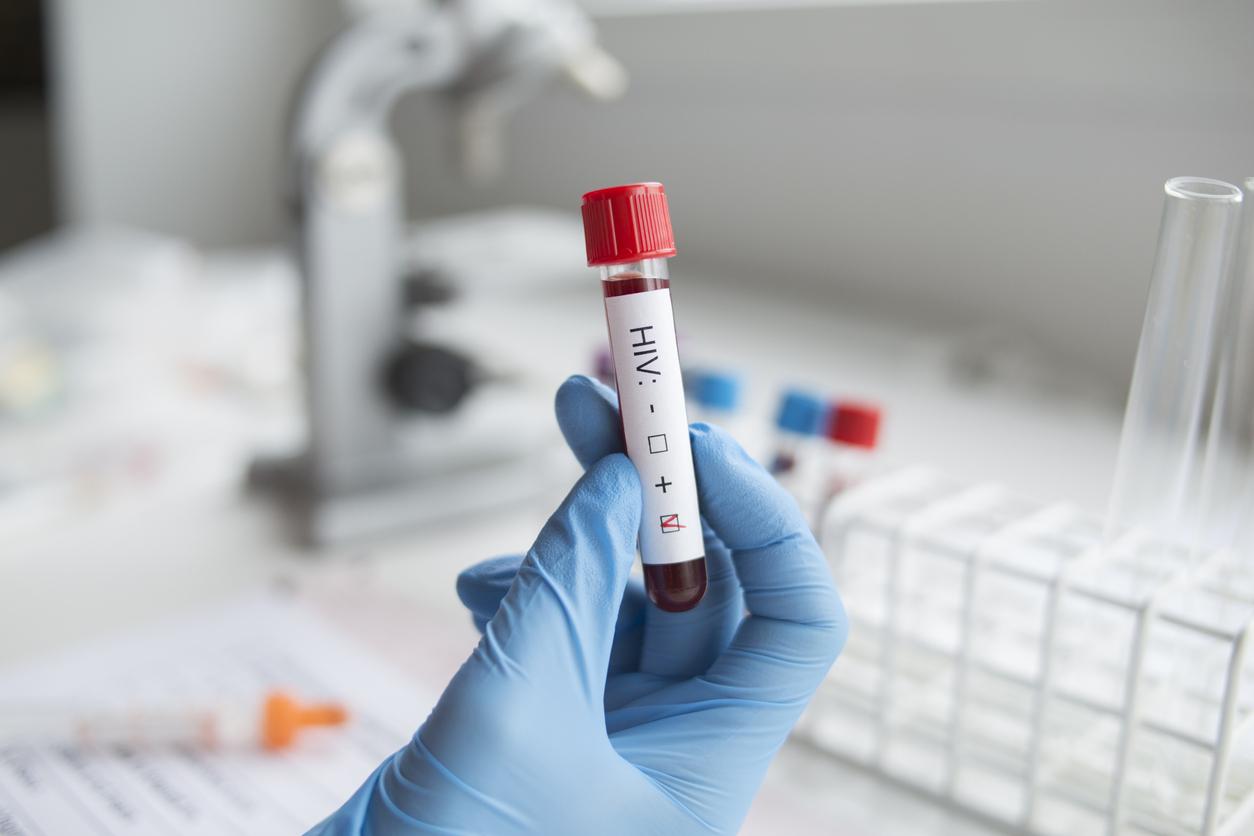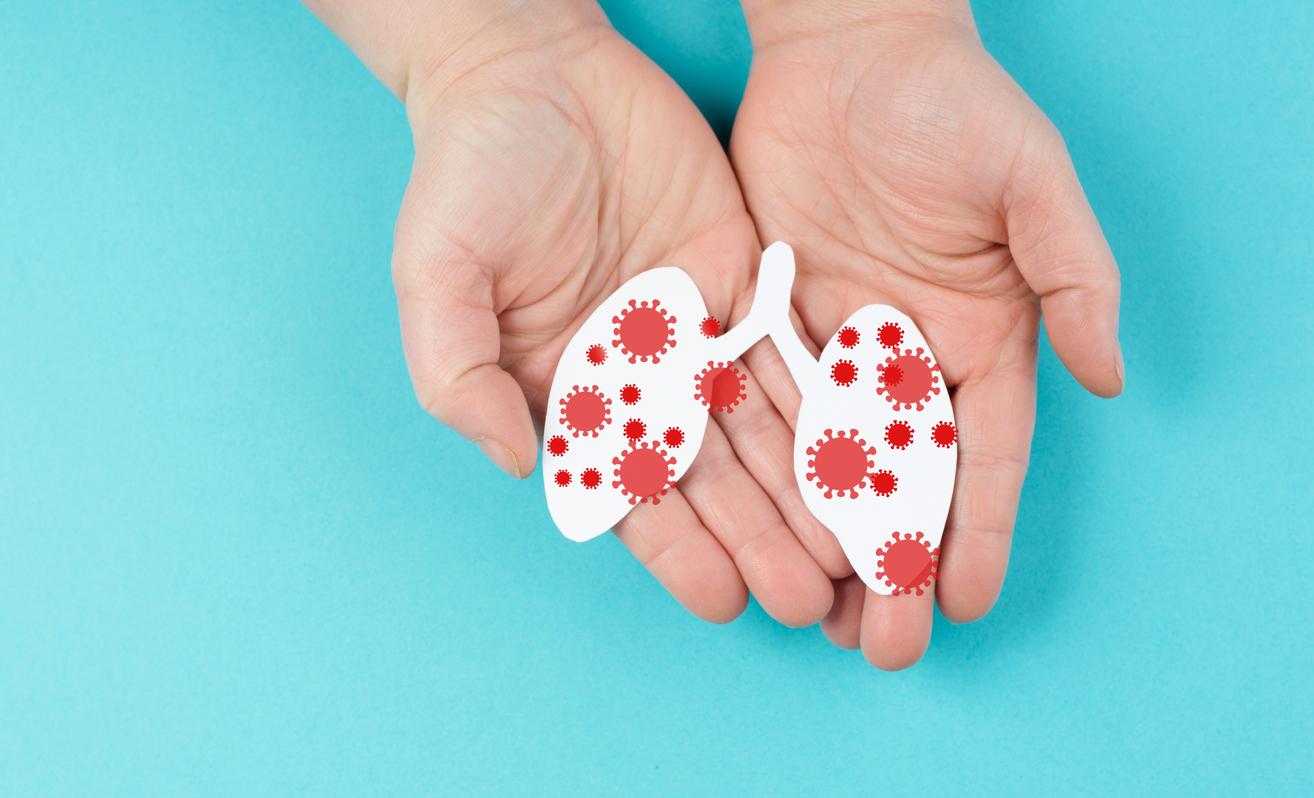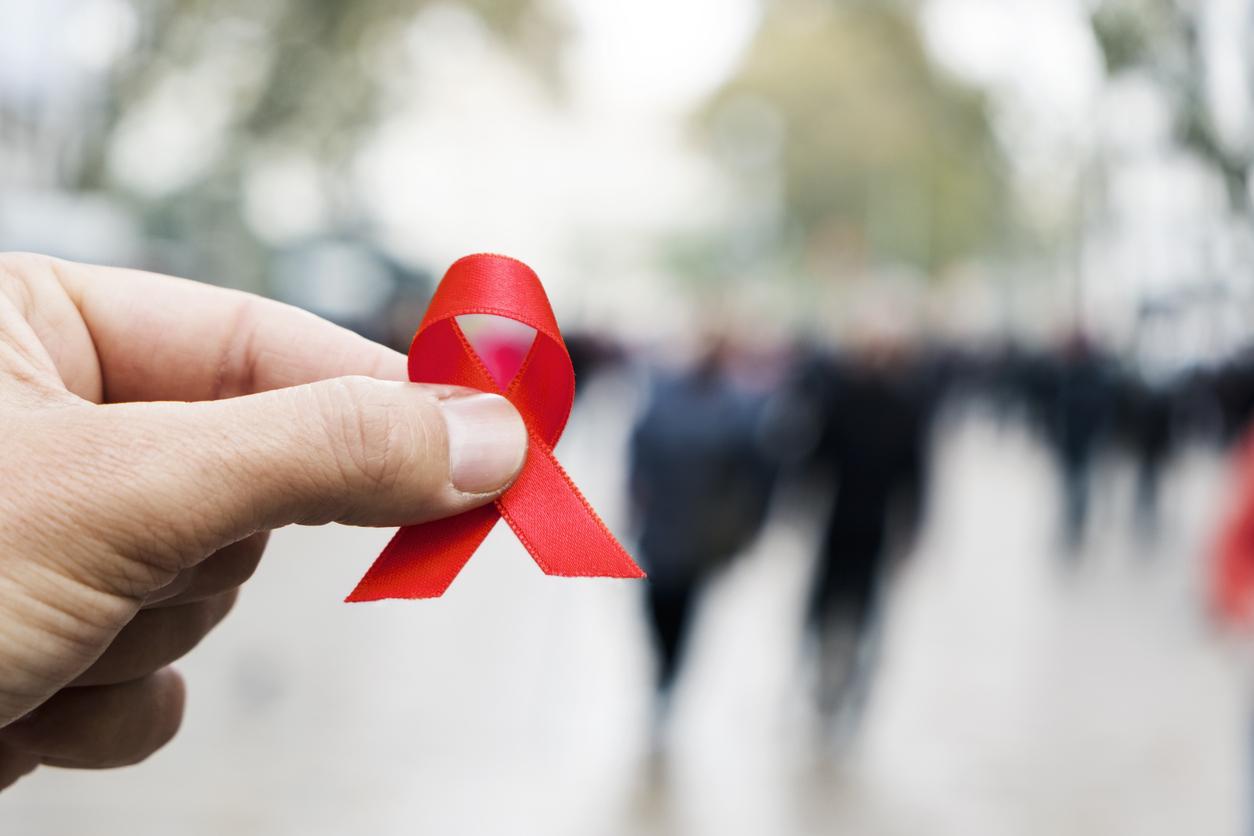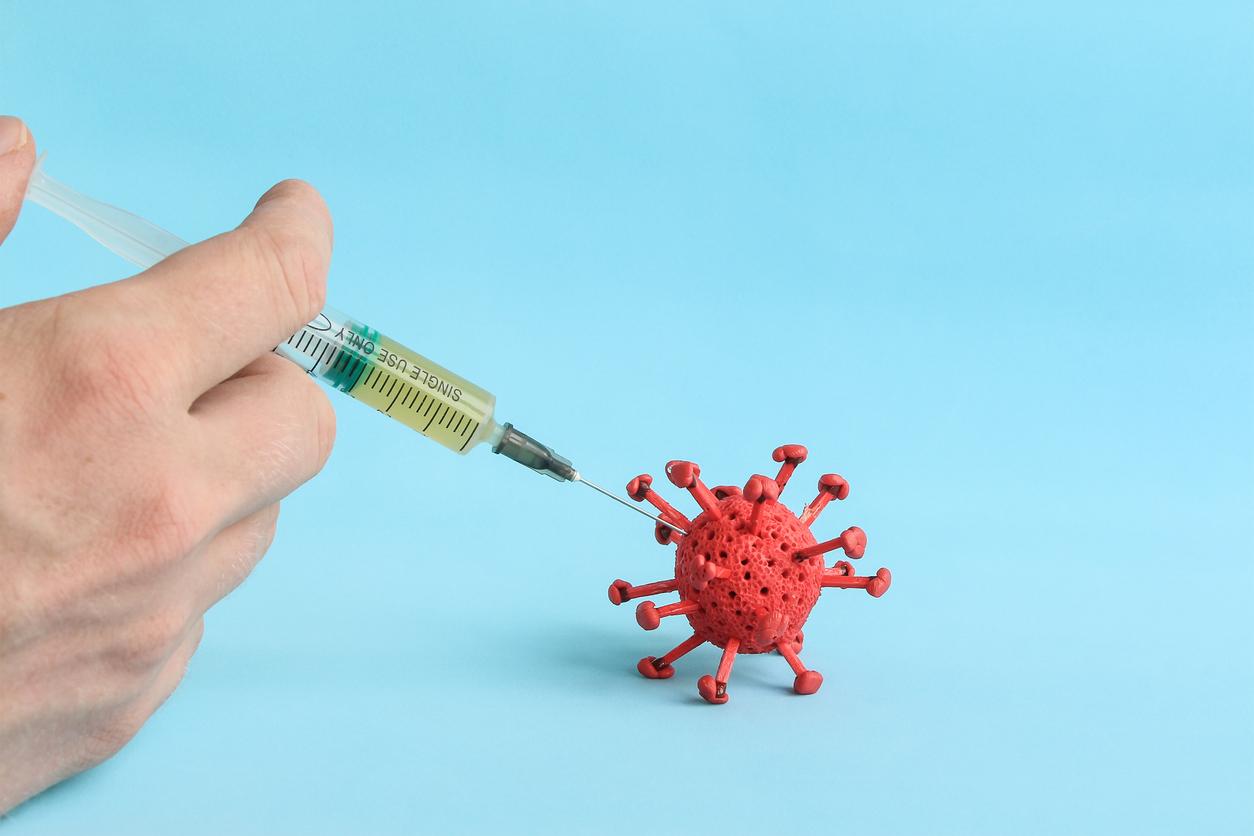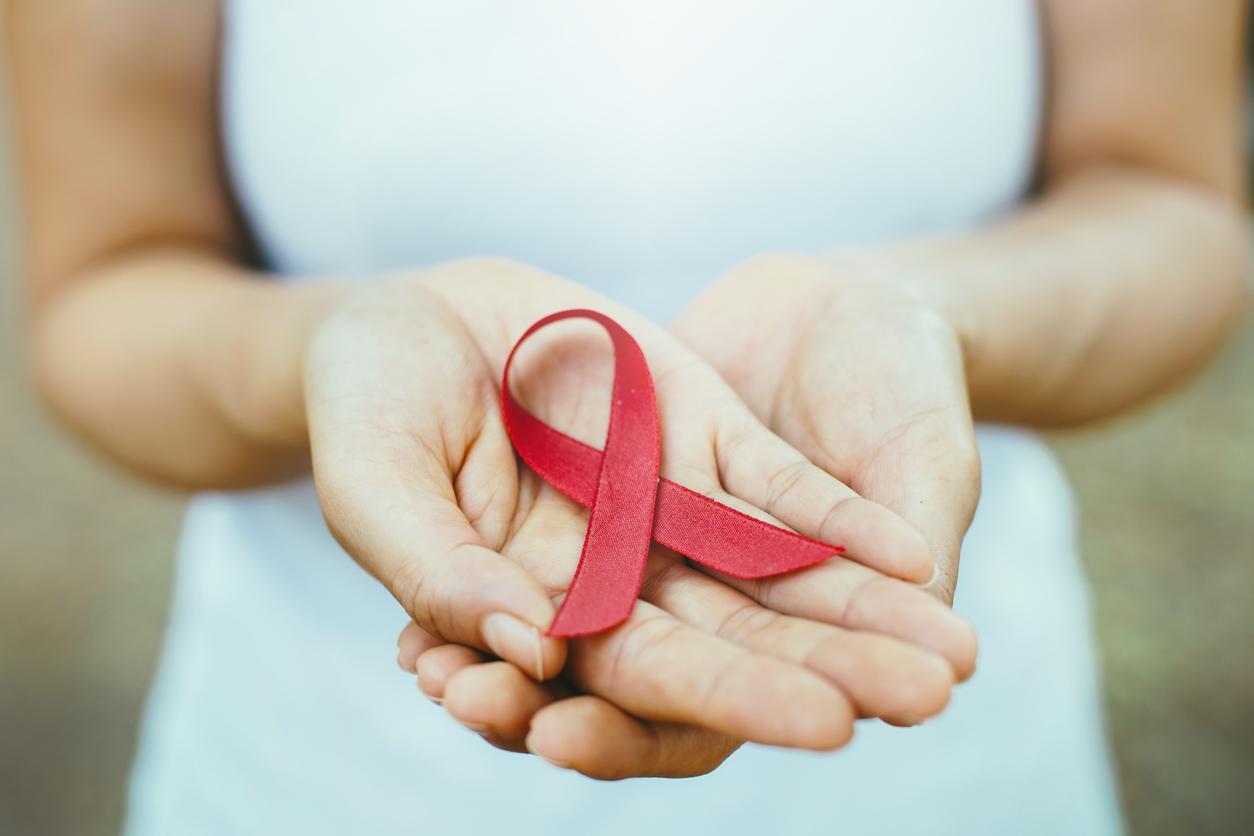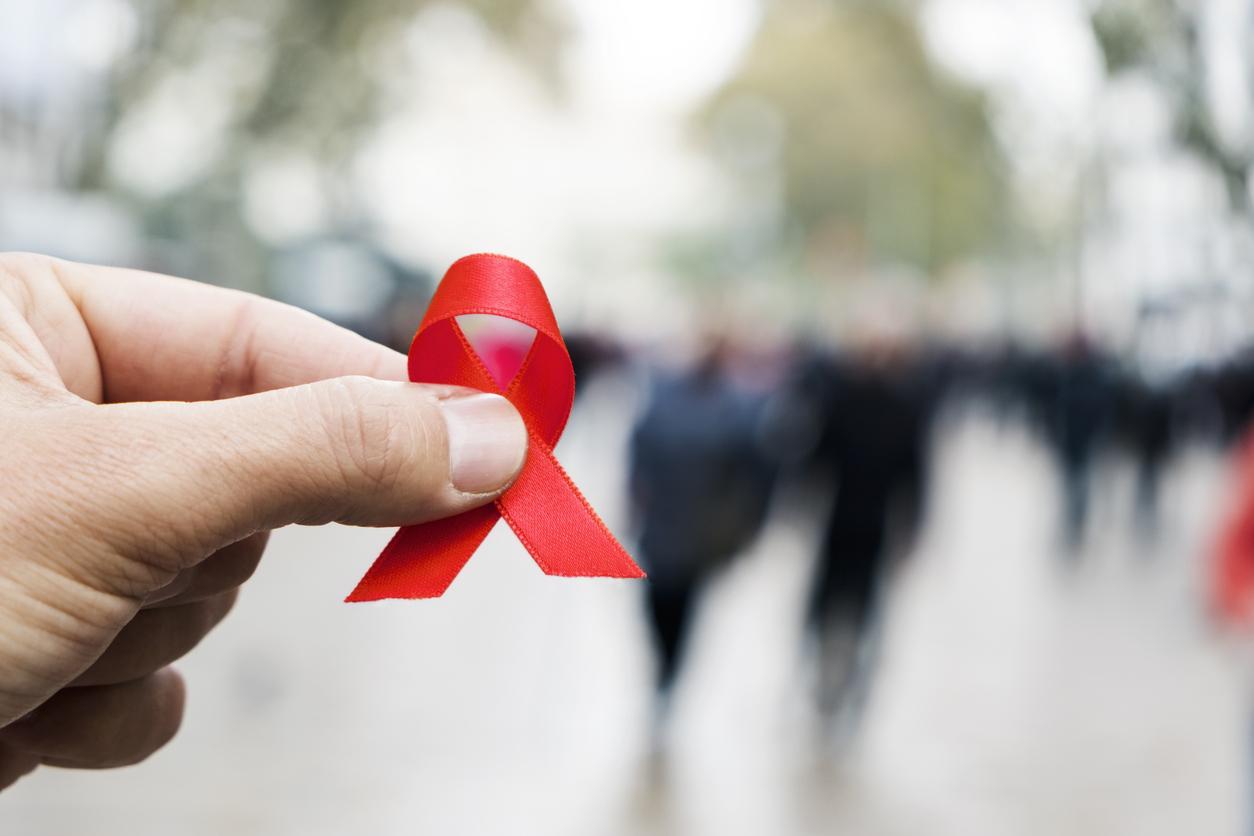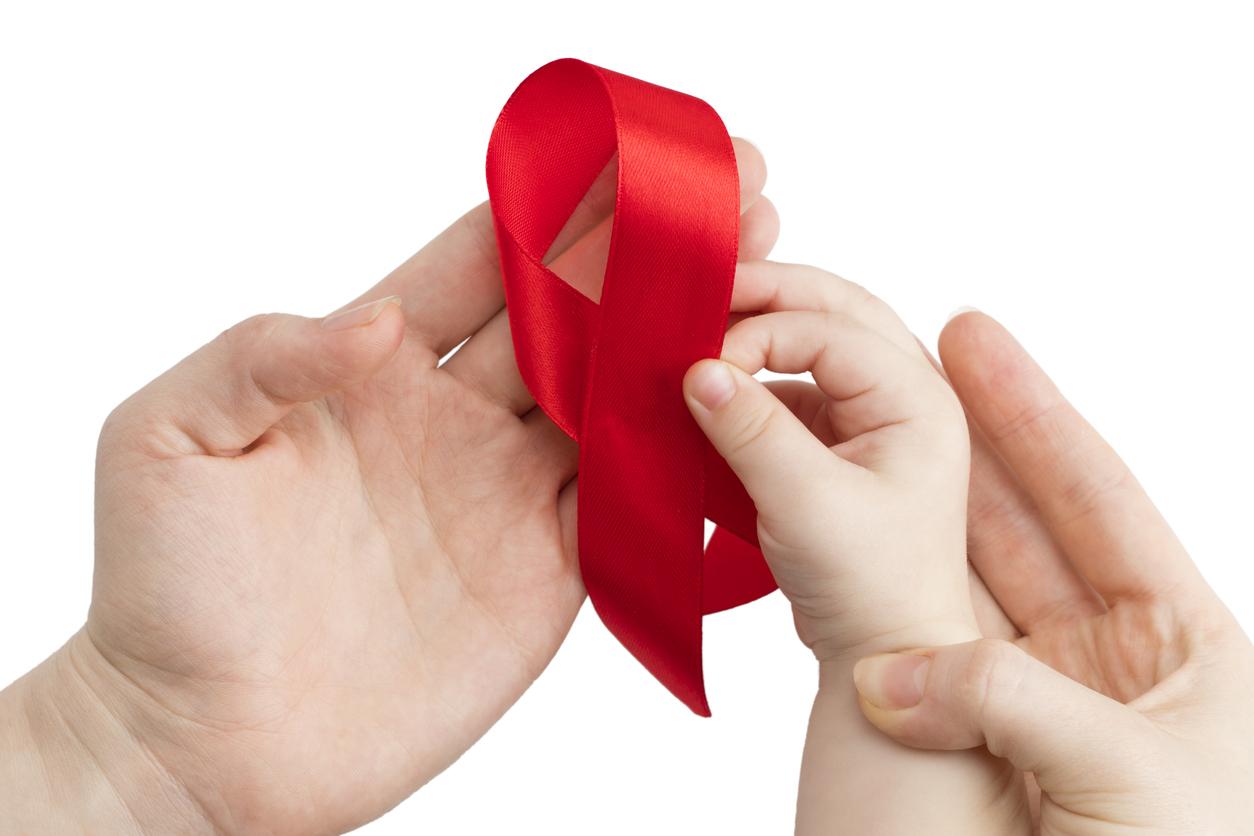As of next July, HIV self-tests that have obtained CE marking will be sold in pharmacies (without a prescription) and can be performed and interpreted by the user at home. This is why the High Authority for Health (HAS) wished to publish an information document to help answer user questions.
Performed and interpreted directly by the user, HIV screening performed with a self-test can raise a lot of questions. “For information, several options are available to the user: contact their pharmacist or an association fighting against AIDS or, at any time, call the toll-free number of Sida Info Service (0 800 840 800, anonymous and free call)” underlines the HAS which hopes that its document will already provide clarification on the realization of the HIV self-test.
The tests are not 100% reliable.
The HAS draws the attention of users by recalling that this test is not insignificant: “Before carrying out a self-test, it is important to think about what we will do once the result is available; whether it is negative or Doing a screening self-test is indeed different from consulting a health professional who can advise on the tests, provide psychological support and facilitate access to biological tests for diagnostic confirmation” emphasizes the HAS. It also recalls that:
– These tests are not 100% reliable: a positive result does not necessarily mean that the person is infected with HIV;
– Any positive result must be confirmed by a laboratory test (4th generation Elisa);
– The tests are not very sensitive in the event of recent infection (less than 3 months);
– They do not detect other sexually transmitted infections or viral hepatitis.
Read also :
HIV: treatment must be given quickly
AIDS: chef Camdeborde offers menus for the sick










